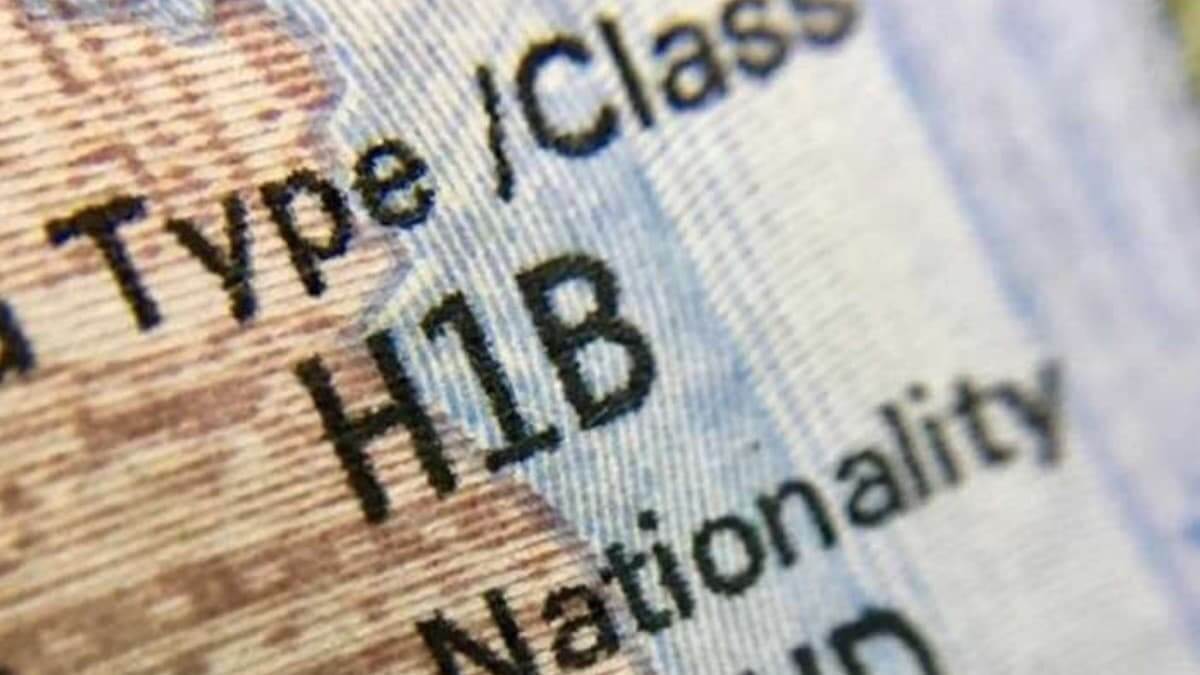
With an annual statutory cap of 65,000 per year, the H1-B is the nonimmigrant visa that allows employers to hire foreigners for specialty jobs that require at least a bachelor’s degree. It’s one of the most commonly petitioned nonimmigrant visas that allow foreigners to work in the United States.
Though it isn’t a nonimmigrant visa, holders of H1-B can apply for immigration to stay in the United States. It won’t guarantee the visa holder to immigrate, but it certainly can make it possible through other visa opportunities.
Resident alien through the H1-B visa
Since the H1-B visa is a nonimmigrant visa, the foreign workers authorized to work in the United States aren’t classified as resident aliens. However, if the visa holder is in the United States following another year for 122 or more days, he/she is considered a resident alien.
This is also known as the substantial presence test. That said, an H1-B visa holder that came to the United States without the intentions of immigration will be resident aliens after passing the substantial presence test.
Taxes and reporting for H1-B visa resident alien
To better understand how H1-B persons are treated regarding taxes and reporting, we need to understand who falls in this category. As would be the case with any US person, H1-B visa holders who are resident aliens must report and pay taxes.
What happens from there is simple. Like any other worker in the United States, the employer of the H1-B visa holder that is now indeed a resident alien will withhold federal income taxes, FICA taxes and report this to the Internal Revenue Service.